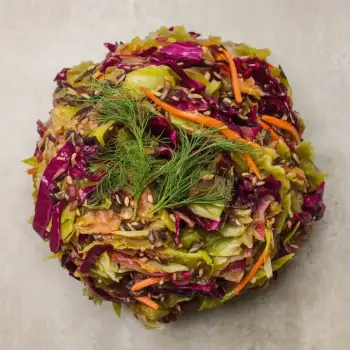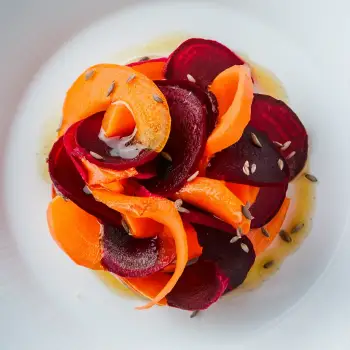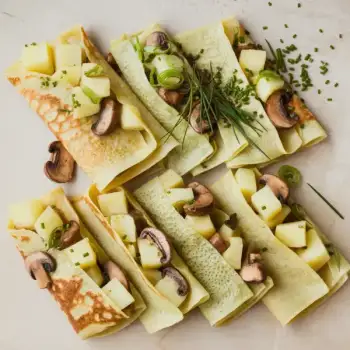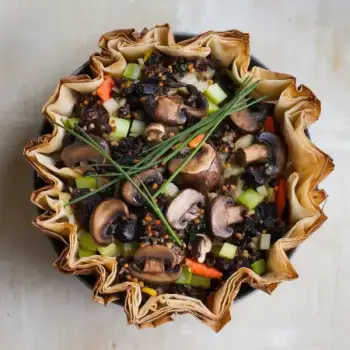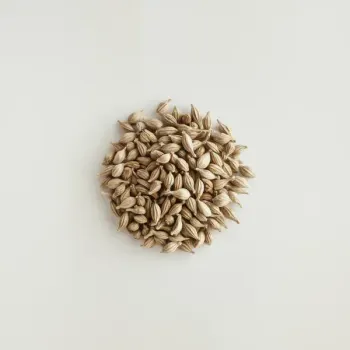


Ground
Ground caraway is convenient for adding a quick, earthy flavor to dishes without the texture of whole seeds.
Whole seeds
Caraway seeds are most commonly found as whole seeds, which can be used as is or ground fresh for more intense flavor.




whole seeds: Frontier Co-op
ground caraway: Simply Organic

Baking: Incorporating caraway seeds into bread doughs or crackers is a traditional use that imparts a distinct flavor to the finished product. They are often used in rye breads and can withstand the long cooking times associated with baking.
Grinding: Grinding caraway seeds with a mortar and pestle or spice grinder allows for a more intense flavor and is ideal for creating spice rubs or adding to a fine-textured dish where whole seeds would be undesirable.
Toasting: Toasting caraway seeds in a dry skillet over medium heat until fragrant helps to release their essential oils and intensify their flavor. This is particularly useful when adding them to dishes where they are a primary flavor component.






